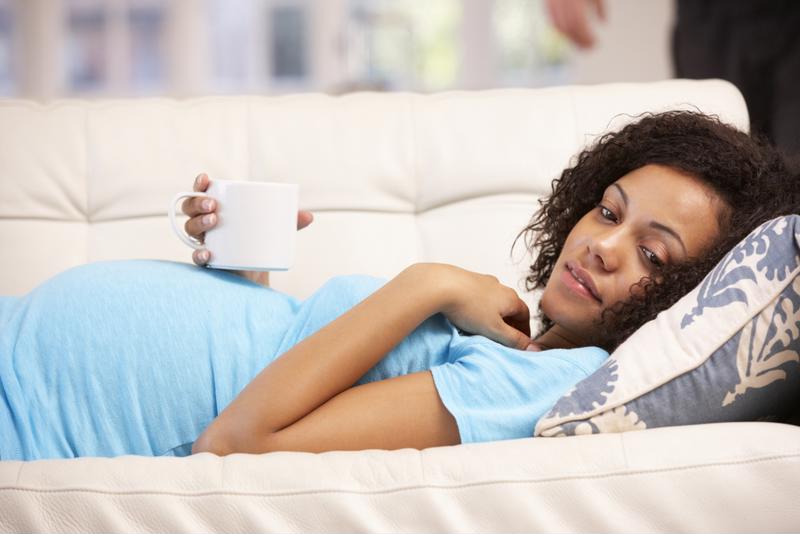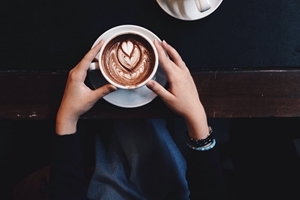A daily cup of coffee is part of many American's routines and, on its own, is harmless. However, black coffee isn't the only caffeinated beverage on the market. With sodas, teas and energy drinks joining coffee, many people intake quite a bit of stimulant. With so much information about caffeine swirling about, deciphering the facts from the myths can be a challenge. In honor of National Caffeine Awareness Month, here are the truths and untruths regarding the stimulant a travel nurse may encounter:
Myth: All caffeine is the same
A can of soda, a cup of tea, a shot of espresso: Each of these beverages are unique and don't contain the same amount of caffeine per volume. As with alcohol, different drinks contain specific amounts. For those limiting their daily intake to be within the U.S. Food and Drug Administration's recommended maximum of 400 milligrams, knowing how much caffeine is in their favorite beverages is important. Even within the same group, individual drinks can very. For instance, the FDA notes that a 5-ounce cup of tea can have a 40-80 milligrams range of caffeine. The same amount of coffee, on the other hand, has 150 milligrams. What's more, some sodas, such as 7-up, have no caffeine, while others, like Coca-Cola, reach into the 60-milligram range. For those trying to reduce caffeine intake, sticking to tea and other sources that contain less is an effective way to wean off of it.
Myth: Caffeine dehydrates
Because caffeine is a mild diuretic, many believe that it causes dehydration. However, coffee contains enough water that it balances out. A study published in PLOS One measured hydration indicators in coffee drinkers and found no signs of dehydration. In fact, researchers concluded that men drinking a moderate amount will experience a similar amount of hydration to drinking water. Of course, coffee is no substitute for water, and travel nurses should urge their patients to drink the daily recommended amount.
Myth: Pregnant women can't drink caffeine
Travel nurses may encounter newly pregnant women worrying because they drank coffee before knowing they were carrying a fetus. Fortunately, these future moms don't have to worry. The American College of Obstetricians and Gynecologists noted that consuming less than 200 milligrams of caffeine during pregnancy does not contribute to premature labor or miscarriage. However, the group does caution that the effects on fetal growth are undetermined. It is important to notice that 200 milligrams is half the normal recommended amount for adults. So while moms to be can enjoy a cup of coffee, they shouldn't consume more than one.

Myth: Caffeine stunts kids' growth
This popular warning issued by parents seeking to curb their kids' passion for soda may not be true, but it can help children out. The FDA does not provide any guidelines for how much caffeine is safe for kids, but the American Academy of Pediatrics does. Simply put, the AAP advises that children should not consume any at all, even young athletes. Active kids can excel in their sports by drinking plain water. Additionally, it notes that parents who provide soda should steer clear of the caffeinated kind.
"Some kids are drinking energy drinks – containing large amounts of caffeine – when their goal is simply to rehydrate after exercise," Marcie Beth Schneider, a member of the AAP Committee on Nutrition, said in a statement. "This means they are ingesting large amounts of caffeine and other stimulants, which can be dangerous."
Myth: Caffeine increases the risk of cancer
With cancer being such a health specter, any talk of increasing risk is taken seriously. However, caffeine lovers can rest easy. Multiple studies have shown no link between the stimulant and cancer, and, in some cases, caffeine has even been protective against it. Although, this doesn't mean patients should turn to their cup of joe alone to reduce risk – eating healthy, exercising and avoiding smoking are far more effective.
"In some studies, caffeine has protected against cancer."
Myth: Caffeine causes heart disease
Caffeine does stimulate the central nervous system, leaving some people feeling jittery or anxious. However, definitive research on how the stimulant affects heart disease is still needed. The American Heart Association notes that moderate consumption seems to be safe. Those with existing conditions may consult their doctors for individual advice.
Myth: Caffeine causes anxiety
Caffeine myths don't just cover physical health; they also span to mental health. Because caffeine stimulates the brain, many have believed it can make you anxious. However, when it comes to generalized anxiety disorder, caffeine may be a trigger for some people, but it is not the root cause of the issue. What's more, the effects caffeine does have on those who experience anxiety differ person to person. For instance, some people may find they can manage their anxiety better by dropping caffeine altogether, while others limit their intake. Still more people don't notice a difference with or without caffeine at all. If you or your patients have generalized anxiety disorder, pay attention to how you feel after drinking coffee, tea or soda, and find a balance that fits your needs.

